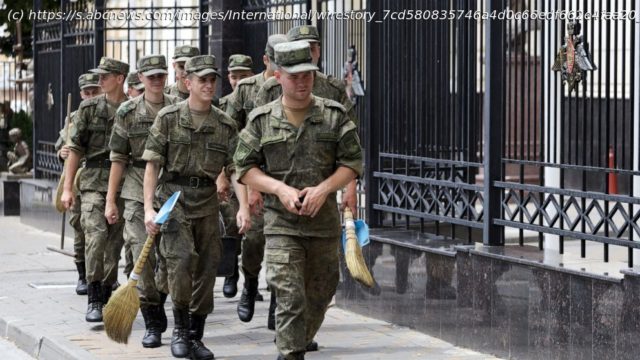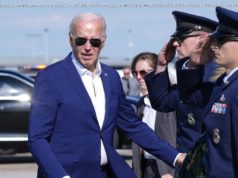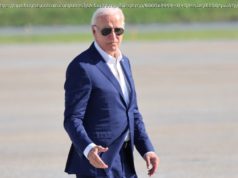The armed rebellion against the Russian military may have ended quickly, but the disarray within the enemy’s ranks was an unexpected gift and timely morale booster for Ukrainian troops
The armed rebellion against the Russian military may have been over in less than 24 hours, but the disarray within the enemy’s ranks was an unexpected gift and timely morale booster for Ukrainian troops
The spectacle of Yevgeny Prigozhin’s mutiny in the critical military command and control hub in the Russian city of Rostov-on-Don, and later Russia’s scramble to fortify Moscow as troops marched to upend the country’s military leadership was greeted “with applause” by commanders of Ukraine’s Eastern Group of Forces, said its spokesperson, Serhii Cherevatiy.
“Soldiers at the front lines are positive about it,” he said. “Any chaos and disorder on the enemy’s side benefits us.”
A video of well-known Ukrainian drone commander “Magyar” watching the revolt while eating enormous amounts of popcorn went viral. A plethora of gleeful memes mocking Russian leader Vladimir Putin inundated social media, and statement after statement from Ukraine’s top brass described the turmoil as a sure sign of more instability to come.
The debacle appears to be resolved, for now, with Prigozhin’s exile to Belarus in a deal mediated by Minsk. But for Ukrainians watching, the damage was done: Russian vulnerabilities were exposed, and by agreeing to concessions hours after branding Prigozhin a back-stabbing traitor, Putin appeared weak and desperate.
The short-lived rebellion did not noticeably affect Russian army posture along the 1,000 kilometer (600-mile) front line in eastern Ukraine, but it could give Ukraine the impetus it needs to intensify its counteroffensive, which military leaders have admitted is going slower than expected.
“In the short term, it distracted attention from the war and diverted some resources from the front,” said Nigel Gould-Davies, a senior fellow for Russia and Eurasia at the International Institute for Strategic Affairs.






